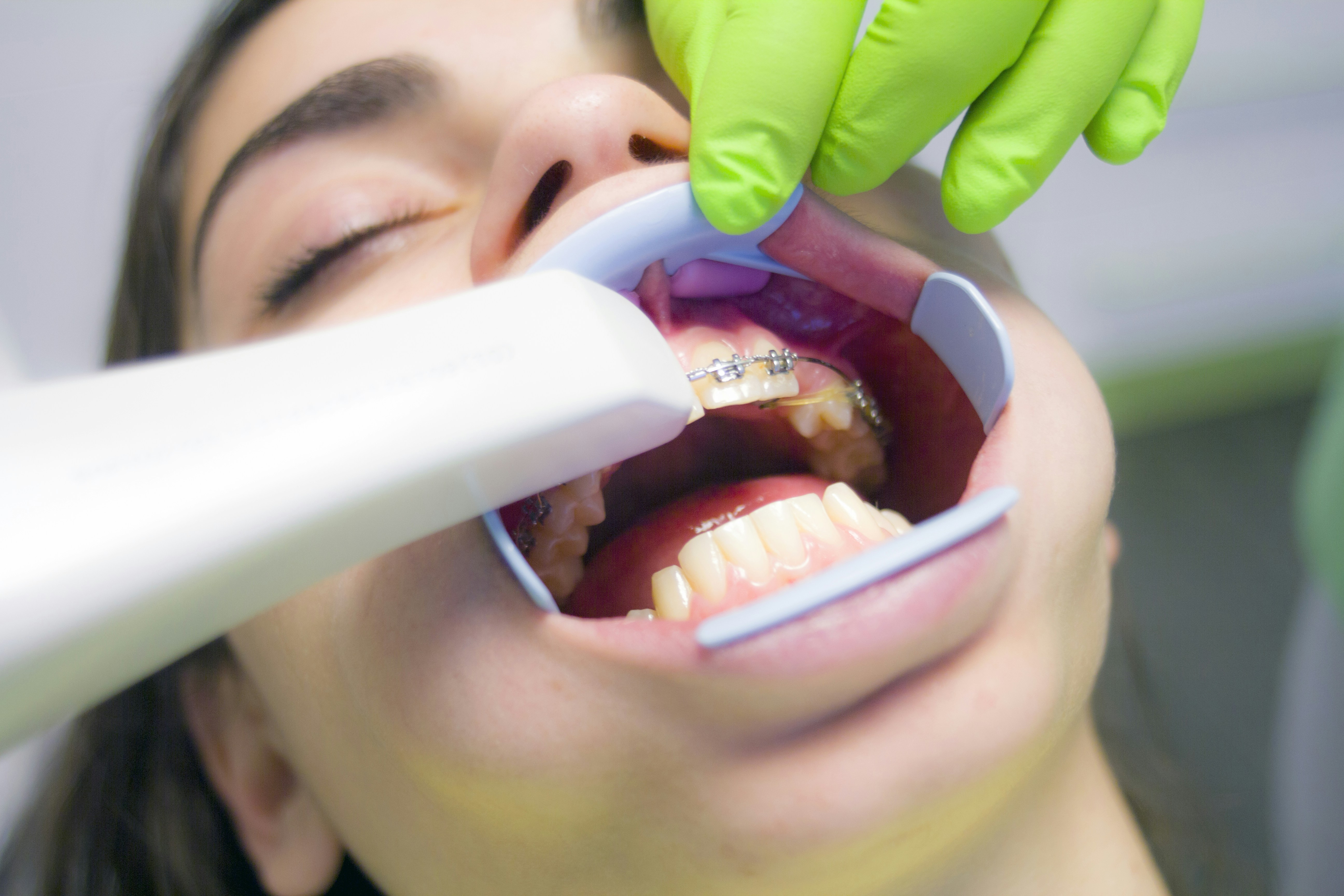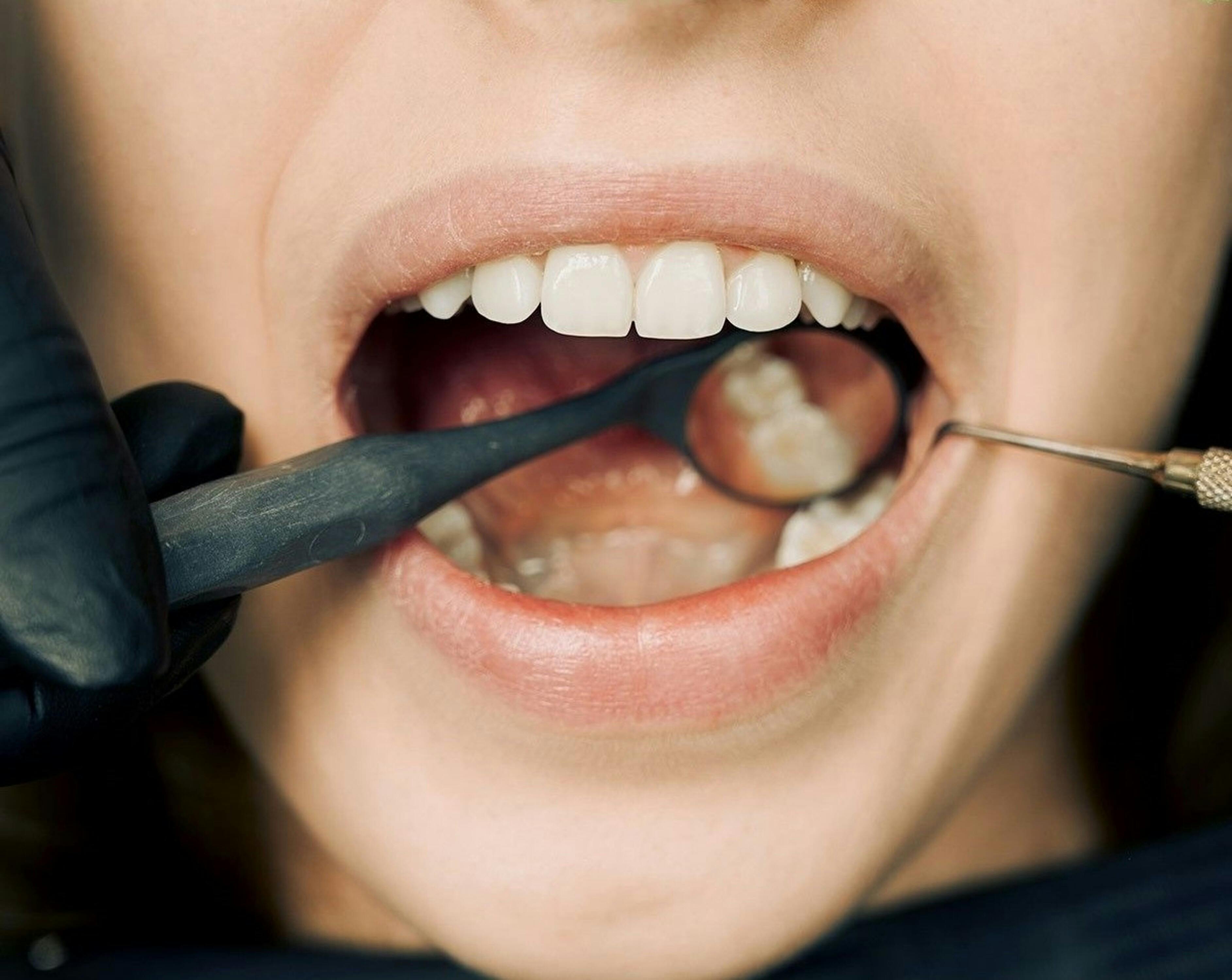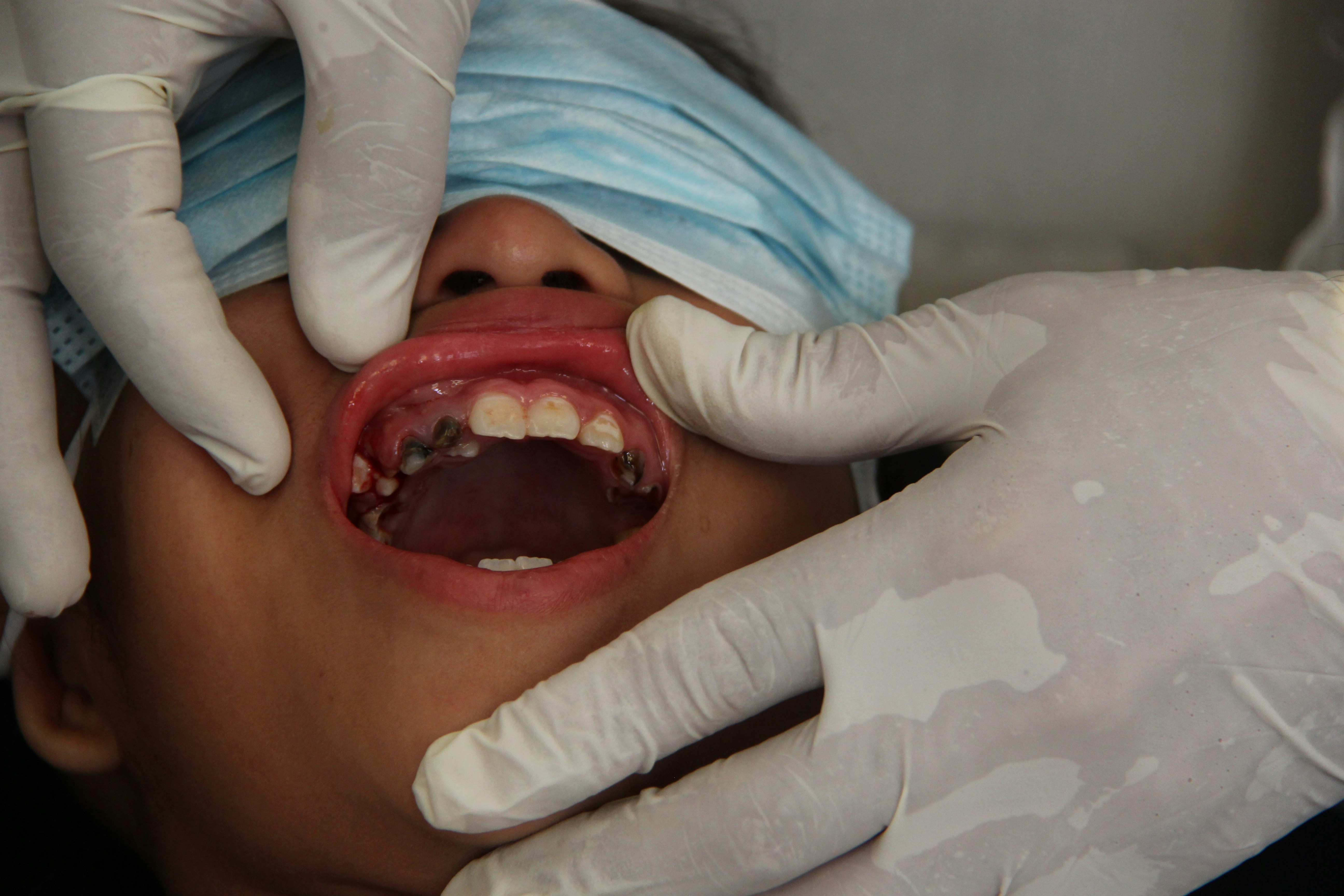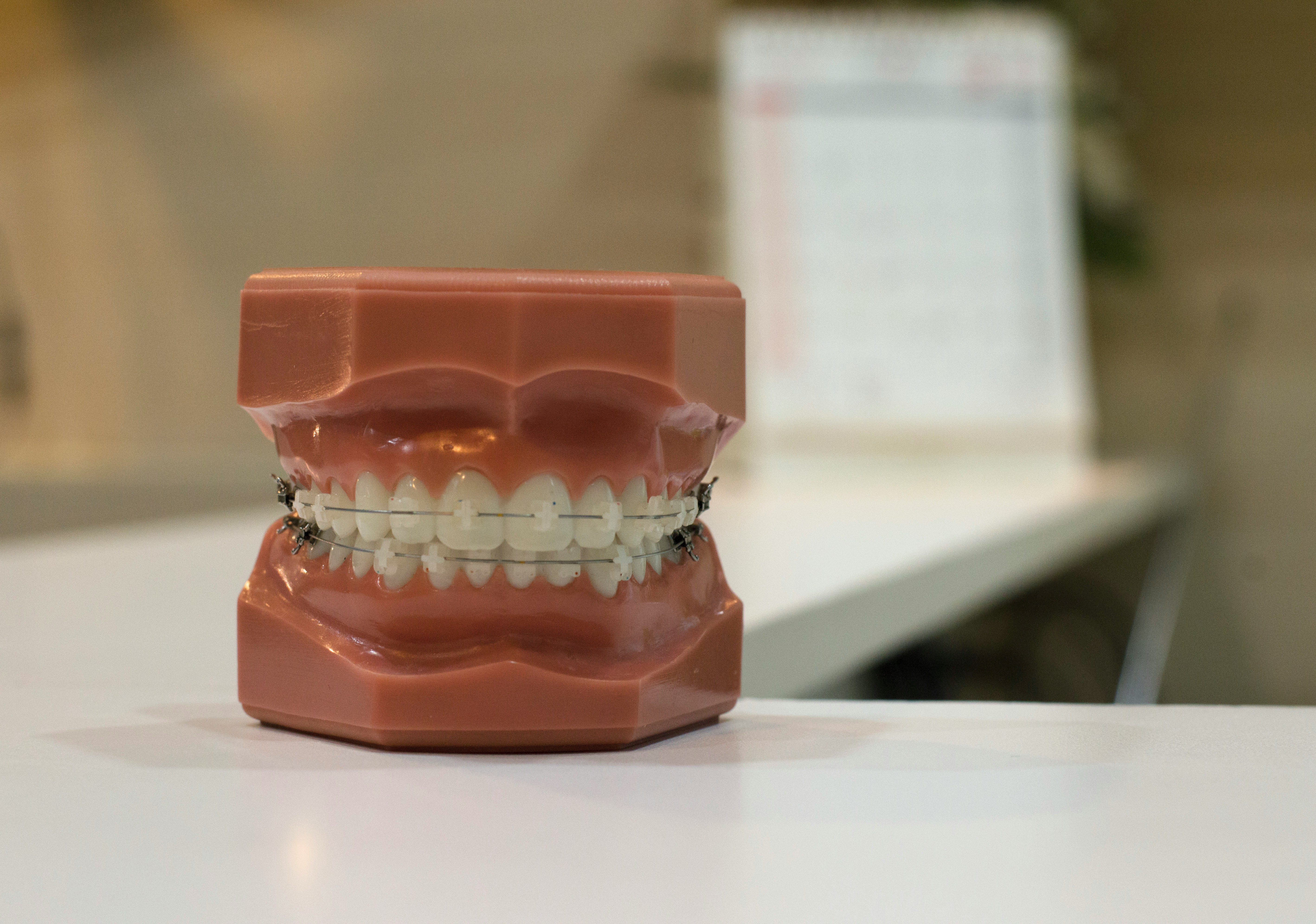The Link Between Poor Oral Hygiene and Alzheimer’s Disease
The Link Between Poor Oral Hygiene and Alzheimer’s Disease
Can neglecting your teeth really affect your brain?
Emerging research says yes—especially when it comes to Alzheimer’s disease, a progressive condition that affects memory, thinking, and behavior. While poor oral hygiene might not be the sole cause, it could be a hidden contributor to the risk and progression of this devastating illness.
Let’s explore how your mouth and your mind may be more closely connected than you think.
Understanding Alzheimer’s Disease
Alzheimer’s is the most common form of dementia, marked by:
- Gradual memory loss
- Confusion and disorientation
- Behavioral and personality changes
It’s typically seen in older adults, but its early triggers may begin years—if not decades—before symptoms appear. That’s where oral health enters the picture.
What’s the Connection Between Gum Disease and Alzheimer’s?
The mouth is home to hundreds of bacterial species. When oral hygiene slips, harmful bacteria—especially those involved in gum disease (periodontitis)—can thrive and spread.
Researchers have found that:
- The bacteria Porphyromonas gingivalis, a key player in gum disease, has been detected in the brains of Alzheimer’s patients.
- These bacteria release toxins (gingipains) that can trigger inflammation in brain tissue and may play a role in neurodegeneration.
- Chronic inflammation from gum disease can weaken the blood-brain barrier, allowing harmful substances to enter the brain.
In short: your gums may be silently influencing your cognitive health.
The Inflammation Factor
Gum disease doesn’t just stay in your mouth. It causes low-grade systemic inflammation, which is increasingly seen as a contributor to Alzheimer’s and other chronic illnesses.
Inflammation affects:
- Blood vessels in the brain
- Neuron function
- Memory and cognition
Long-term exposure to these inflammatory signals may damage the brain’s ability to protect and repair itself—raising the risk of cognitive decline.
Who’s Most at Risk?
While anyone can be affected, the risk is higher for people who:
- Have chronic gum disease
- Smoke or use tobacco
- Have diabetes or heart disease
- Neglect regular dental care, especially in later life
- Already have a genetic predisposition to Alzheimer’s (e.g., APOE-e4 gene)
Maintaining oral hygiene becomes even more crucial as we age.
How to Protect Both Your Smile and Your Brain
The silver lining? Good oral hygiene isn’t just cosmetic—it’s a brain-health strategy.
Here’s what to do:
- Brush twice a day with fluoride toothpaste
- Floss daily to prevent plaque buildup
- Limit sugar and acidic foods that feed harmful bacteria
- Quit smoking to reduce gum disease risk
- Stay hydrated to support healthy saliva flow
- Visit your dentist every 6 months for cleanings and early detection
At Gargi’s Dental Care, we pay special attention to gum health, especially in patients over 40, and offer preventive care tailored to your age, risk, and overall wellness.
Final Thoughts: A Healthy Mouth for a Healthier Mind
While we still have much to learn about Alzheimer’s, one thing is clear: oral health is more than skin-deep. It could be a key piece of the puzzle in protecting your brain, especially as you age.
Brushing and flossing may seem simple—but their benefits could go far beyond your teeth.
Protect Your Smile, Protect Your Brain
At Gargi’s Dental Care, Kolkata, we believe prevention is powerful. Whether you're in your 30s or 70s, it’s never too early (or too late) to care for your gums and safeguard your cognitive health.
Book your preventive check-up today—and invest in both your smile and your mind.
Visit www.gargisdentalcare.com to schedule your consultation.










